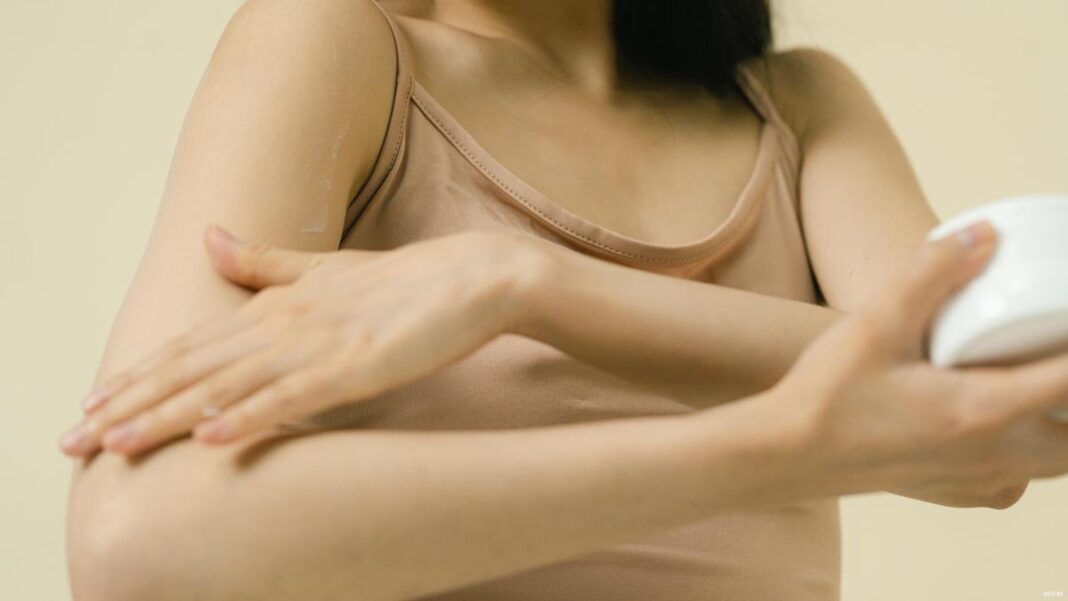A study published in the Journal of American College Health reveals a concerning rise in depression among U.S. higher education students, particularly among those identifying as LGBTQIA+, indicating that they face disproportionate mental health challenges.
“This study highlights the critical need for targeted interventions to support the mental health and well-being of young adults during their studies, particularly those who identify as LGBTQIA+,”
said David Pagliaccio from the New York State Psychiatric Institute. “As LGBTQIA+ self-identification rates continue to rise, addressing these disparities becomes increasingly urgent for creating inclusive and supportive academic environments.”
The research analyzed responses from 483,574 participants in the Healthy Minds Study, which surveyed full-time students aged 18 to 35 between 2007 and 2022. LGBTQIA+ self-identification increased six-fold over the 15 years, averaging 18.81% of respondents. During the same period, depression rates climbed, with LGBTQIA+ students disproportionately affected—they were over three times more likely to report serious depression symptoms (26.85%) compared to cisgender, heterosexual peers (8.53%). Although they represented only 20% of the student population, LGBTQIA+ students accounted for nearly half of those experiencing depression.
The main factors for these differences include discrimination and a lack of acceptance. LGBTQIA+ students were twice as likely to seek therapy as their peers but were half as likely to seek family support. “Our findings highlight a growing mental health crisis among LGBTQIA+ students that demands immediate attention,” Pagliaccio emphasized.
“Academic institutions need to take urgent and proactive steps to address these alarming rises in depression that are affecting the lives of so many young adults, particularly among those who face unique challenges due to their sexual or gender identity.”
The researchers call for academic institutions to reduce barriers to mental health care, enforce anti-discrimination policies, foster community, and bolster support systems for LGBTQIA+ students to address these inequalities.


